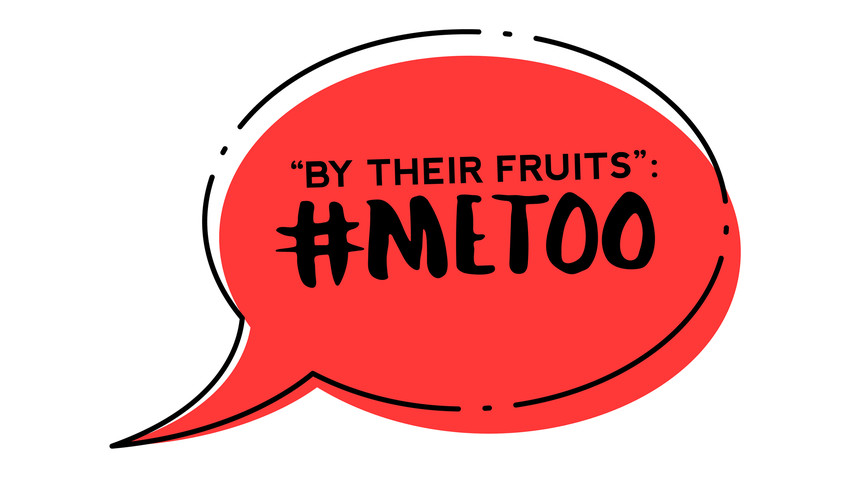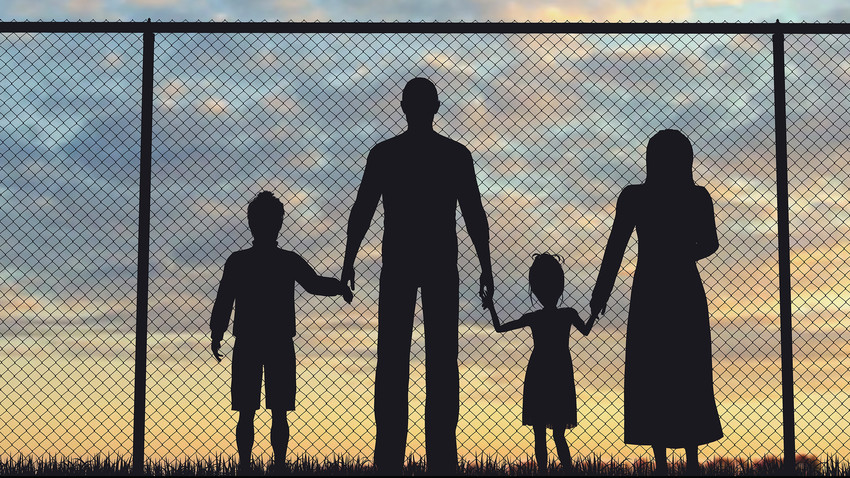By the way, that's not "babble"—it's "Babel," as in the Tower of Babel. Because the accumulating headlines of late, while they may sound like so much babble and background noise, mirror the fatal confusion of that ill-fated attempt long ago to outmaneuver God.
"Now the whole earth had one language and a common speech" (Genesis 11:1). So what's new—the lingua franca of this generation is English, and the modus operandi of communication is social media—one language, one common speech.
But the brewing trouble exploded into the open when that ancient band of humanity united to "'build ourselves a
city . . . so that we may make a name for ourselves'" (Genesis 11:3-4).
It's that "making a name for ourselves" business that has ever been the Achilles heel of sophisticated thinking. Rome and its prelates and pontiffs, America and its politicians and presidents—the engine driving the machinations of both powers is still the luciferian temptation to "make a name for ourselves." Gullible, fallible humans that we are, we trip and fall constantly for that deadly baited hook, do we not?
No wonder we are witnesses to unprecedented levels of hubris and one-upmanship played out in the arena of "one language and a common speech." When has this generation ever witnessed a papal nuncio publicly (on the screens of a billion smartphones) call for the resignation of the supreme pontiff! And when have we been such gawkers to an unfolding saga of bitter, chaotic, partisan acrimony 24/7 in our news feeds!
Babel. Meaning "confusion." As in "[And God said,] 'Come, let us go down and confuse their language so they will not understand each other'" (Genesis 11:7). Does anybody understand anybody anymore?
"As messages [at the Tower of Babel] were thus passing from one to another the language was confounded, so that material was called for which was not needed, and the directions delivered were often the reverse of those that had been given. Confusion and dismay followed. All work came to a standstill. There could be no further harmony or co-operation. The builders were wholly unable to account for the strange misunderstandings among them, and in their rage and disappointment, they reproached one another [sound familiar?]. Their confederacy ended in strife and bloodshed" (Patriarchs and Prophets 119).
Confusion. Babel. Babble. "For where envy and self-seeking exist, confusion and every evil thing are there" James 3:16).
That's what concerns me about the unraveling headlines from Rome and this nation—that behind the confusion and chaos "every evil thing" hides. Simply put—behind all of this babble is in fact Babel (or Babylon) coiled and ready to strike.
"Then I heard another voice from heaven say: 'Come out of her [Babylon], My people, so that you will not share in her sins . . .'" (Revelation 18:4, cf 2). If we're not careful, the one-language common-speech technology we heed can subtly draw our very souls into the cacophony of Babylonian confusion, all in the name of needing to keep abreast of the news as well-informed citizens. But at what price do we feed at the trough of such confusing slop? Lucifer's original sin of pride and self-worship is fatally contagious.
"'Be still and know that I am God; I will be exalted among the nations, I will be exalted in the earth'" (Psalm 46:10). Daily. Quiet. Alone. With Christ.
"When every other voice is hushed, and in quietness we wait before Him, the silence of the soul makes more distinct the voice of God. . . . Amid the hurrying throng, and the strain of life's intense activities, the soul that is thus refreshed will be surrounded with an atmosphere of light and peace. The life will breathe out fragrance, and will reveal a divine power that will reach [people's] hearts" (Desire of Ages 363).









